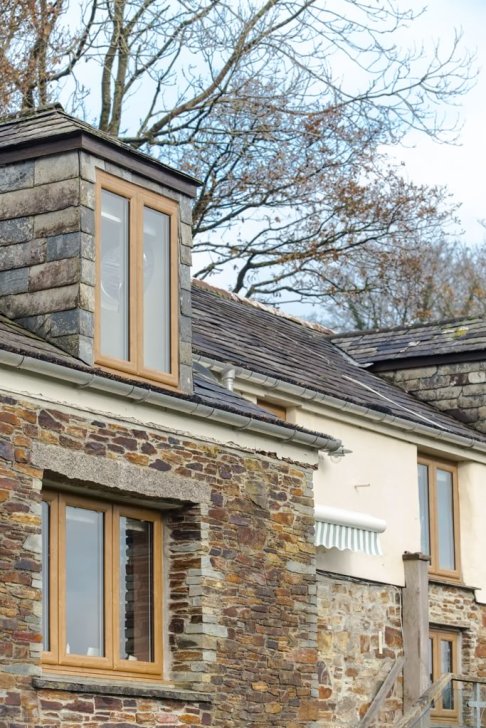Manufacturer, Supplier, Installer of Quality Property Improvement Solutions
The key difference between double glazing and triple glazing is the number of panes of glass and the thermal insulation they provide.
1. Structure
Double Glazing: Two panes of glass with a sealed air or gas-filled space between them. We use Argon gas filled cavities.
Triple Glazing: Three panes of glass with two sealed air or gas-filled spaces. We use Argon gas filled cavities.
2. Thermal Efficiency
Double Glazing: Offers good insulation. Typical U-values (which measure heat loss) range from 1.2 to 1.4 W/m²K. Building regulations require windows to achieve 1.6 W/m²K. Our standard double glazing achieves 1.3 and can achieve down to 1.2 W/m²K
Triple Glazing: Provides better insulation. U-values can go as low as 0.8 W/m²K, meaning less heat escapes your home. Our standard triple glazing achieves 0.8 W/m²K.
3. Energy Savings
Triple glazing reduces heat loss more than double glazing, which can result in lower energy bills. The low emissivity coating on the panes of glass are what help retain most of the extra heat. A double glazed window will have one pane coated with low emissivity, whereas triple glazed alternatives with have two.
4. Noise Reduction
Triple glazing offers improved sound insulation, thanks to the extra glass layer and cavity. This is great for road side properties or built up areas. We've had great feedback from people who work night shifts, too.


5. Weight and Cost
Triple glazing is heavier and slightly more expensive than double glazing. Frames and hinges must be stronger to support the extra weight - but we take care of that for you.
6. Condensation Resistance
Triple glazing is less prone to internal condensation because of its better insulation. It is common to see external condensation (on the outside pane) in colder months in both double and triple glazed windows, and this shows the glass is doing it's job and doesn't indicate a problem.
7. Where It's Used
Double glazing is usually sufficient for most UK homes if you're replacing older PVC or aluminium/timber frames.
Triple glazing is ideal for stepping up in terms of energry efficiency and reducing road noise. It is warmer and quieter than Double glazing.
In Summary:
Double glazing = most commonly used product, cost-effective, does a good job for most homes. It equates to about 65% of what we install.
Triple glazing = better insulation, better soundproofing, higher cost - around 7-10%. Ideal for when you want the best possible return on investment.




